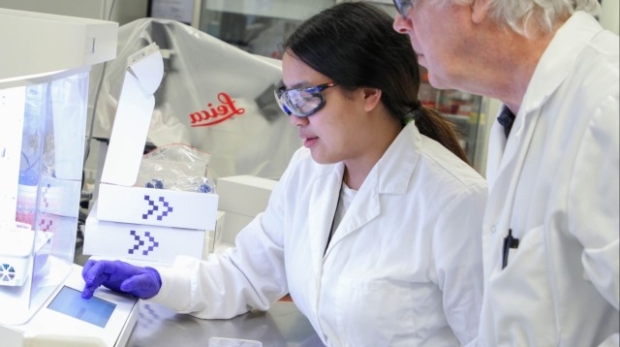Ricoh launches Ricoh 3D for Healthcare, LLC to accelerate patient-specific device adoption
Ricoh USA, the North American arm of the Japanese digital services multinational, has announced the formation of Ricoh 3D for Healthcare, LLC, a new legal entity dedicated to delivering FDA-cleared, patient-specific 3D printed medical devices at hospitals across the United States. The company, unveiled on June 17, 2025, will enhance Ricoh’s ability to meet growing clinical demand for personalized care, streamline regulatory compliance, and support point-of-care manufacturing.

